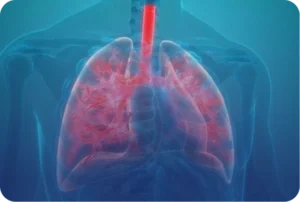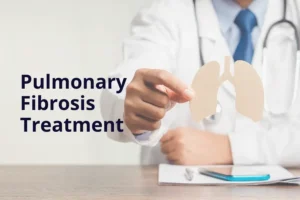
Diet, Lifestyle, and Prevention: Breast Health Tips for Indian Women
Learn how diet, lifestyle changes,
It is 3:17 AM. You are staring at the ceiling again, your mind racing between tomorrow’s chemotherapy session for breast cancer and your daughter’s upcoming annual school function. Your body is exhausted from treatment, yet sleep feels impossible. If this sounds familiar, you are not alone.
In my 12 years as a breast oncologist in Nagpur, I have heard this same story from countless brave women: “Doctor sahiba, I used to sleep so peacefully. Now, the moment I close my eyes, my mind starts planning, worrying, calculating. Why has sleep abandoned me when I need it most?”
Your sleepless nights are not a personal failure – they are a documented medical response to the physical and emotional challenges breast cancer brings into your life.

More importantly, there is hope. Sleep disturbances due to breast cancer can be managed effectively, and quality rest can return to your nights.
Today, I want to share with you exactly how breast cancer affects sleep, why this happens, and most crucially – what you can do about it starting tonight.
A variety of factors can cause sleep disturbances due to breast cancer. Some of them are due to physical reasons, while others arise because of our emotions.
Sleep disturbance is not a sign of weakness – it is a natural response to the challenges breast cancer brings into our lives.
Understanding why breast cancer disrupts your sleep can help you feel more in control and less frustrated with your body.


Sleep is not a luxury during breast cancer treatment – it is medicine. Here is why prioritising sleep can significantly improve your treatment outcomes:
Based on successful outcomes with hundreds of patients, here are proven strategies to reclaim your restful nights:
Please reach out to us if you experience:
Addressing sleep disturbances due to breast cancer is part of optimising your treatment success.
The sleepless nights you are experiencing are temporary. With proper strategies and medical support, quality sleep will return. Your strength, your family’s love, and modern medical care are all working in your favour.
If you are in Nagpur or the surrounding areas and sleep difficulties are affecting your treatment journey, I invite you to book a consultation where we can create a personalised sleep management plan as part of your comprehensive care.
Sweet dreams will return, and when they do, they will be all the more precious for the journey you have travelled to reclaim them.
Every sleepless night brings you one step closer to peaceful rest. You are not just surviving – you are healing.

Learn how diet, lifestyle changes,


Yesterday I was passing near


Namaste,I’m Dr. Arundhati Marathe Lote,

As a chest specialist practising